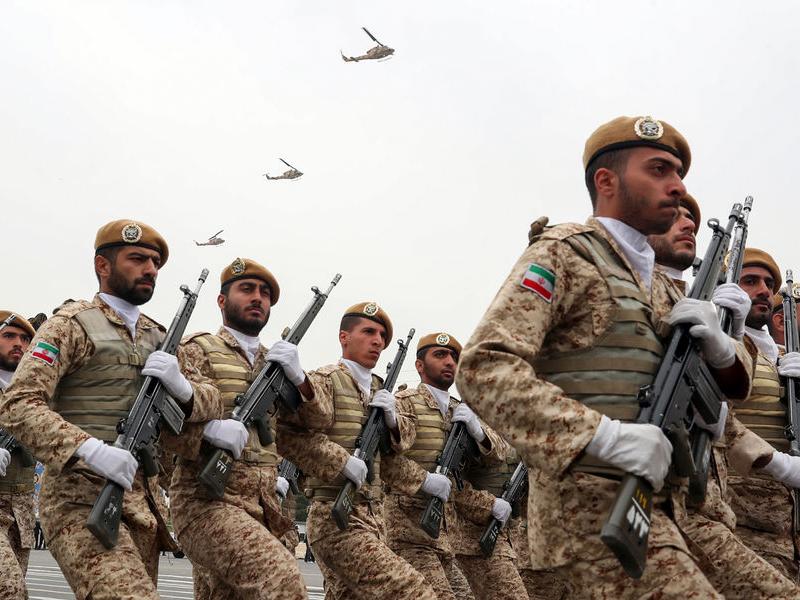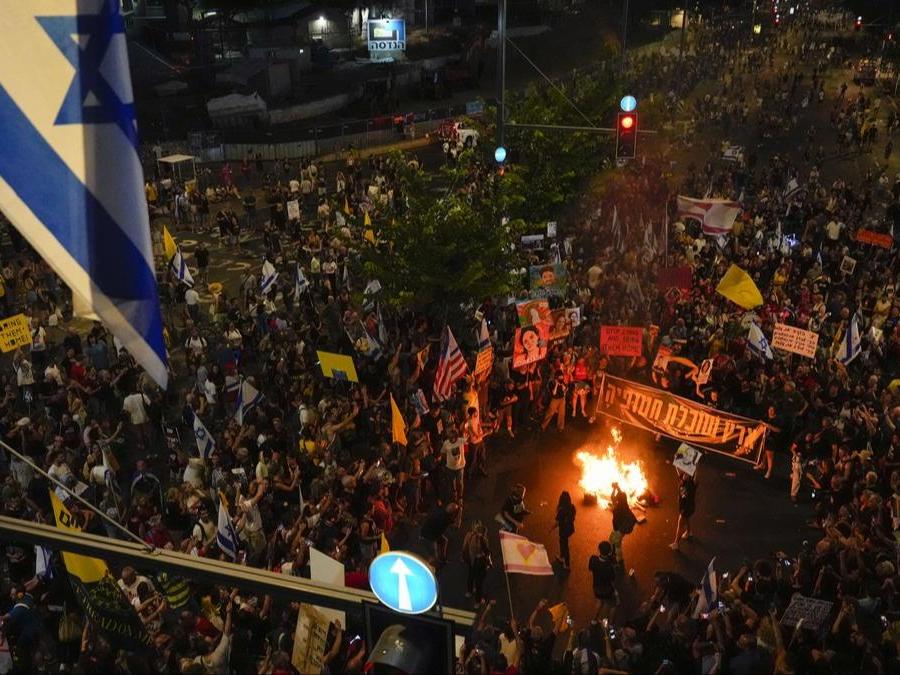Iran and its allies are preparing for a potentially devastating multi-day attack on Israel, rejecting diplomatic efforts to ease tensions following the assassinations of Hamas leader Ismail Haniyeh in Tehran and Hezbollah commander Fuad Shukr in Beirut. According to sources cited by the Wall Street Journal, Iran has told Arab diplomats that it ‘doesn’t care if its response escalates the conflict’. The attack is expected to be more severe and prolonged than the April 13th incident, potentially involving a combination of rockets and drones.Israeli officials are bracing for an assault that could begin as early as August 5th or during the Jewish holiday of Tisha B’av (August 12-13). Prime Minister Benjamin Netanyahu has declared that Israel is engaged in a ‘multi-front war against Iran’s axis of evil’ and has convened emergency meetings with military and intelligence leaders. The Israeli Defense Forces have raised their alert level and are considering preventive strikes in Lebanon or other locations.The United States has responded by moving significant military assets to the region, including aircraft carriers and additional air assets. John Finer, the US Deputy National Security Adviser, stated on CBS that the US considers the threat to Israel to be high and is ‘doing everything possible to make sure that this situation does not boil over’.As tensions escalate, diplomatic efforts continue. Jordan’s Foreign Minister Ayman Safadi made a landmark visit to Iran, though he clarified he was not there to convey messages to or from Israel. The G7 has urged ‘all parties involved’ to ‘desist from any initiative that could hinder the path of dialogue and moderation’. However, with Iran’s Supreme Leader Ali Khamenei reportedly determined to make Israel ‘pay for its actions,’ the region remains on high alert for potential conflict.
Key points
- Iran has rejected diplomatic efforts to ease tensions and is preparing for a multi-day attack on Israel.
- The anticipated attack is expected to be more severe than previous incidents, potentially involving rockets and drones.
- The US has moved significant military assets to the region to support Israel.
- Diplomatic efforts continue, but with limited success as Iran remains determined to retaliate.
Contradictions👾While most sources indicate Iran’s readiness for conflict, there are varying reports on the exact timing of the potential attack, with some suggesting it could be as early as August 5th, while others point to the Jewish holiday of Tisha B’av (August 12-13).



